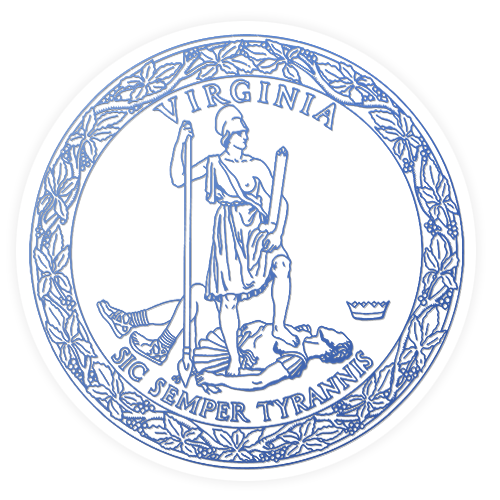
RICHMOND—Governor Ralph Northam today announced that the National Council on Behavioral Health and Lady Gaga’s Born this Way Foundation have selected two Virginia high schools to take part in the Teen Mental Health First Aid (MHFA) pilot program. Freedom High School in Chantilly and Charlottesville High School in Charlottesville will be among eight schools in the country to pilot Teen MHFA this spring.
Teen MHFA is an in-person training designed for high school students to learn about mental illnesses and addictions, and help them identify and respond to friends who may be developing a mental health or substance use problem. Similar to CPR, students learn a five-step action plan to help their friends who may be facing a mental health problem or crisis, such as suicide.
“As a physician and as governor, I am deeply concerned about the rising prevalence of mental health and substance use issues affecting teens in our Commonwealth,” said Governor Northam. “It is my hope that is training program will encourage Virginia students to take action when they spot early signs of a problem, and empower them to support a friend who may be in distress or struggling with depression or addiction, so they can get the help and treatment they need.”
The program aims to teach teens to recognize when a friend is showing signs of a mental health issue or crisis, such as suicidal thoughts, and trains them on how to respond and get help. This course was developed specifically for high school students across the nation and stresses the importance of involving a responsible and trusted adult.
“According to the 2017 Virginia Youth Survey, one in five females and one in ten males in middle and high school have seriously contemplated suicide in the last twelve months,” said Secretary of Health and Human Resources Daniel Carey, M.D. “Equipping teens with the training and skills they need to recognize a mental health crisis in a friend can make a life-saving difference when it comes to not only getting them the treatment they need, but also breaking the stigma that still surrounds mental illness.”
Today, our nation’s teens are struggling with chronic mental health and substance use challenges. According to the National Alliance on Mental Illness, one in five teens is living with a mental health condition. Half of all mental illnesses begin by age 14, and 75 percent of them by the mid-20s.
“One of the recommendations that came from last year’s Student Safety Workgroup, a subgroup of the Children’s Cabinet, was to promote educational campaigns in suicide prevention,” said Secretary of Education Atif Qarni. “It is so important that in our learning communities, together with faculty and staff, our students learn healthy and safe ways to address and overcome traumatic or challenging experiences they or a loved may be facing.”
“Young adults and teens across the nation are facing the most unique and unprecedented mental health challenges,” said S. Hughes Melton, MD MBA, Commissioner of the Department of Behavioral Health and Developmental Services. “They need targeted and strategic resources to help tackle these chronic public health issues. Teen Mental Health First Aid will not only serve as one of those substantive resources, but it will lay a strong foundation for more innovative and effective teen mental health care.”
Teen MHFA is an evidence-based training program from Australia. The National Council adapted the training with support from Born This Way Foundation and Well Being Trust. The pilot program is being evaluated by researchers from Johns Hopkins University Bloomberg School of Public Health to assess its effectiveness. The training will be made available to the public following analysis of the pilot study.
“In order to ensure equitable outcomes for our students, we must provide services and supports for students when they need them and this includes timely assistance for students struggling with mental health issues,” said Superintendent of Public Instruction James Lane. “By training students to recognize warning signs and symptoms, we increase the likelihood that students with mental health needs will benefit from interventions that promote wellness and, ultimately, academic success.”
Mental Health First Aid for adults is a brief course that teaches individuals how to identify, understand and respond to signs of mental illnesses and substance use disorders. Training gives people the needed skills to reach out and provide initial help and support to someone who may be developing a mental health or substance use problem or experiencing a crisis. More than one million people across the United States have been trained in Mental Health First Aid by a dedicated base of more than 12,000 instructors.
# # #